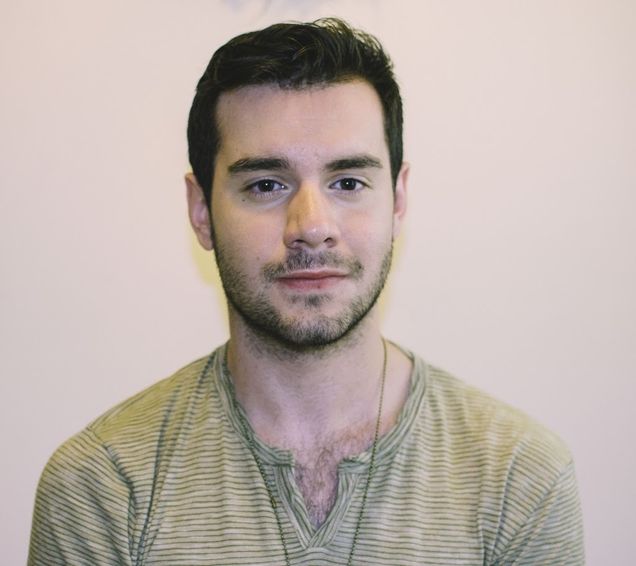Michael Rosenberg
Michael Rosenberg 
Community Development Department- City of Cambridge
Every year the Economic Development Division of City of Cambridge’s Community Development Department conducts an assessment of one of their various commercial districts. The past few years the focus has been mainly on intercepting customers of the commercial district, and asking them about the commercial district and how they used it. This year, with me as their intern, the report took a different turn.
For my internship, my main task was to conduct the Central Square District Assessment. This year the report was to include a customer intercept survey, a merchant survey, and a business inventory for Central Square. This whole assessment was conducted in phases. In September, the customer intercept survey was conducted. Myself, other staff members, and some volunteers hit the streets stopping people as they walked through central square during the week and weekends. In the end, we managed to get 478 people to stop and take our quick survey about how they used Central square and what they envisioned for it.
October was phase 2, which included both the merchant survey and business inventory. The business inventory was just a basic count of the types of store front business that are located within the Central Square business district. In turn, a survey was sent out to these business owners to hear their opinions on the square as well. We got back 42 merchant responses in total after several deadline extensions and various pushes from the city and the Central Square Business Association.
When the data was finished being collected I spent the next month digitizing the data, cleaning it, and coding it for analysis. The data was then analyzed and summarized, where I designed the full report for it to be relayed to the public. This process gave me valuable research experience in the field of economic development, and provided some evidence for these two main takeaways:
Each experience of the urban realm is unique. Interviewing people on the street really forced me to look at Central Square through their eyes. Everyone had a different take on the types of businesses it had based off their interests, income level, time, where they lived, and the list goes on.
Everyone had different need out of central square, and Central Square meant something different to each person as well. For some Central Square was just a place to get through to go home. While for others it was a place to go thrift shopping, or where their church was, or where they spent their Friday afternoons. Seeing how all of the survey participants saw the square and directly observing others use and interaction of the space really helped solidify this idea for me. It also solidified my next takeaway:
Making everyone happy is impossible. Everyone wanted something different when they were interviewed. Sure, there were some common goals, but no one could agree on what businesses there should be, which is a direct spin-off of the previous takeaway.
Both of these takeaways are highly related and very obvious in their own right; however, this internship has allowed me to see Central Square from so many perspectives I truly understand why participatory planning and planning for the people is so difficult. There are so many need and interests in urban space, that weeding though the clamor to find commonalities that suit everyone can be a difficult task. This internship for the City of Cambridge has provided a great hands-on learning experience to take the theories of the classroom and see them in action. This experience was vital to understanding the real-world application of planning thinking.